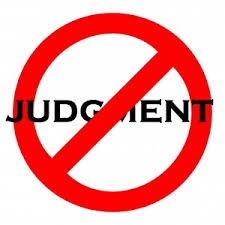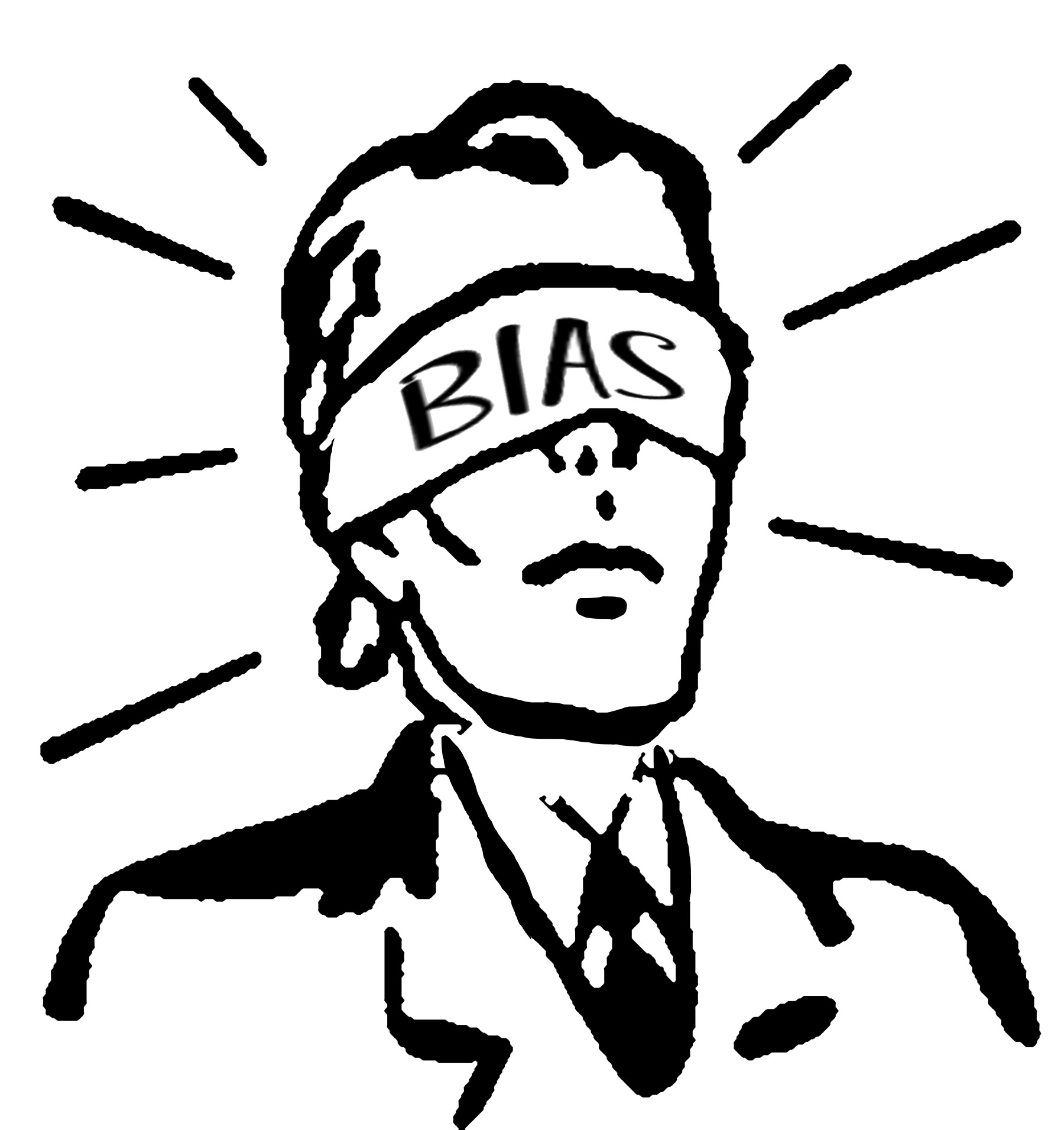
Original artwork by Marisa Draeger
When something loses its function it can be difficult to maintain, even when people believe it is important to be maintained.
Many bemoaned the demise of the Mom-and-Pop general store when retailers such as Wal-Mart put them out of business. What industrious virtue those tiny incubators of community bestowed upon the rest of us! How tragic that they’ve been replaced by the mindless, corporate gods of greed and consumption! And yet…
And yet, somehow these stores—which so many argued were far superior in so many ways to the corporate giants—went out of business. Why? I contend it is because the function they served in our daily lives—that of providing grocery and retail goods—was no longer necessary. Not because we no longer needed those things, but because they had been replaced by supercenters that could deliver the same—albeit somewhat inferior—products in greater variety and at cheaper prices. The virtues that some argued for so strongly did not outweigh the benefits of those super-retailers. We voted for virtue with our lips and convenience with our wallets. Virtue lost.
The function of an institution is vital to the wellbeing of that institution. As Russell Kirk brilliantly observed in his book, The Conservative Mind, “The family is disintegrating before our eyes not because of ‘sexual maladjustment’ and ‘family tension’…but because it has been deprived of its old economic and educational advantages. So it is with aristocracy, local government, guild, church, and the other elements which bound man to man for many centuries.” To the extent these institutions do serve some functional purpose for us they sputter on. But they are bereft of their vitality, leaving many bored, angry, alienated, and depressed.
What is most curious is that institutions can decay as they lose their function at the same time people insist louder and louder that they are worth preserving because they provide us important benefits. In 1977 psychologist and author Dr. James Dobson founded Focus on the Family, a ministry dedicated to the preservation of the traditional American family. Nearly four decades later, Dr. Dobson declared, “We lost the entire culture war.” Why? Because opposing forces hellbent on destroying the family were just too popular and finally prevailed? That seems unlikely to be the only cause.
The sitcom Modern Family captures the condition of the modern American family by including a blended family and a homosexual couple. From the perspective of shows from generations past, such as The Brady Bunch or The Adventures of Ozzie and Harriet, it’s an irreverent take on the family. And yet, the show consistently extols the benefits of the family as a place to find belonging, love, and acceptance. The traditional and modern views of family disagree sharply on the defining characteristics of the family. Yet, they have two things in common: 1) they both contend that their version of a family is good and beneficial and should be celebrated and 2) their version of a family is struggling.
The traditionalist may say that the modern family is struggling because it is introducing into the institution of marriage arrangements that nature and God did not intend, such as homosexual or no-fault-divorce couples. As a traditional Christian myself, I find this argument compelling and do believe the family can’t be sustained if it’s rooted in the flimsy notion of a popular social construct. And yet, it doesn’t account for the pitiful state of families in the U.S. that do abide by traditional definitions. My home state of Oklahoma consistently ranks in the top ten states with the highest divorce rate—taking the #1 spot in some years. Oklahomans are proud of their traditional, conservative values. And yet right here in the Bible Belt where so many professing Christians live the condition of the family is appalling.
The reasons for the disintegration of the family are complex and varied, and I am by no means suggesting it can be boiled down to a single cause described in a single blog post. But I am suggesting that the lack of function for the institution of the family is devastating.
In the ancient world, marriage was practically necessary for survival. At the very least, it opened the door to greater social acceptance, just as divorce was far more socially unacceptable. As equality increases between men and women in the workforce and at home, the traditional male/female roles diminish. Raising children together can reinforce the bonds of the family, just as waiting until later in life to have children—as has been the trend over the past several generations—can deprive a couple of that function of the family experience. The point is not whether these changes are good or bad, but that these changes result in a reduction of the original function of the family—which results in a strain on the family.
Take, as another example, the condition of the church. A recent article in the Cincinnati Republicentitled Why Millennials Need the Church begins by citing now familiar stats about the decline of religion among Millennials in the United States. It then goes on to “attempt to convey…how simply attending Church can have in incredibly positive effect on your life”—of which there are three explored: 1) an opportunity to impact the world in a positive way, 2) getting in tune with your true self instead your polished social-media self, and 3) meaningful relationships.
While I agree with the author’s position that these benefits can come through church attendance, what’s missing is a reflection on why church attendance is lacking. Are Millennials not interested in being impactful, healthy self-images, and meaningful relationships? Of course they are. Do Millennials not believe these things can be found through church attendance? Perhaps. But I would contend the primary reason church attendance is in decline is precisely because it is perceived—and often marketed to be perceived—as chiefly a place to attend because of the benefits it offers.
Free counselling services, Sunday school for the kids, community, spiritual worship, pragmatic teaching, and an outlet for serving others—all of these things and more are incredible benefits of church attendance. But none of them are the essential function of the church. A friend who attends a mega church here in Tulsa told me about a video that had played during service to encourage further attendance. The video depicts a man opting out of a party so that he can come to church. In the next scene a woman decides to go to church instead of meet up with her girlfriends at a bar. The final scene shows the man and woman—presumably both single—worshiping next to each other. The video ends with them each noticing the other for the first time.
To be fair, there are plenty of churches that don’t market themselves as an attend here and meet that special someone meet-up and they pride themselves on striving to preach the gospel and only the gospel. Well. But the fact remains, we live in a culture in which more and more people perceive church as a place to find various benefits, and the function of the church in our daily lives is becoming less and less evident. It’s one thing to attend church in hopes of finding your soulmate (a benefit.) It’s quite another to attend in obedience to the Word and to worship the God who has saved your soul from hell (the function.)
In a culture that rejects or downplays the doctrine of original sin, the function of the church withers away and all that remains are the benefits of church attendance. Which has the effect of fewer people going to church to realize those benefits, even as they acknowledge they would be better off with them. Professor Jordan Peterson, who doesn’t attend church, is at a loss for how to restore the benefits that church provides. So am I.
Conservative philosopher Sir Roger Scruton used soccer and education to illustrate a similar point:
“Those who join in a game of [soccer] are intent on scoring goals: if they neglect that purpose, then the game ceases to exist. But the incidental effects of their participation are many: exercise, companionship, delight. Good though those effects are they cannot be made into the purpose of the game, without destroying the game, so losing the good effects of it. In just such a way, the many good effects of education arise not because they are pursued but because they are not pursued: they arise as the by-product of pursuing something else, which is knowledge.”
Once the purpose, the function, the central core of a thing is lost, the thing itself is lost. Whether that’s the family, the church, government, education, or the game of soccer. We may go on bemoaning the lost and work for its restoration, but we are only fooling ourselves if we think that can be accomplished without the restoration of its function.
This series is on values—what are they, and what are they worth—and I hope that this divergence into the essential aspect of function in the preservation of institutions hasn’t come across as a frivolous aside. To the extent our institutions—the family, church, and government, to name but a few—are the instruments we use to exercise our values, it is vital we understand that we can’t claim to be in pursuit of values while ignoring the challenges in keeping them. That would be like saying we have a heart for the poor but no interest in what alleviates poverty.
So, now that we have that out of the way, in Part 3 we’ll turn our attention to what values are and what they’re not.
from savingelephantsblog
via https://www.savingelephantsblog.com/saving-elephants-blog


